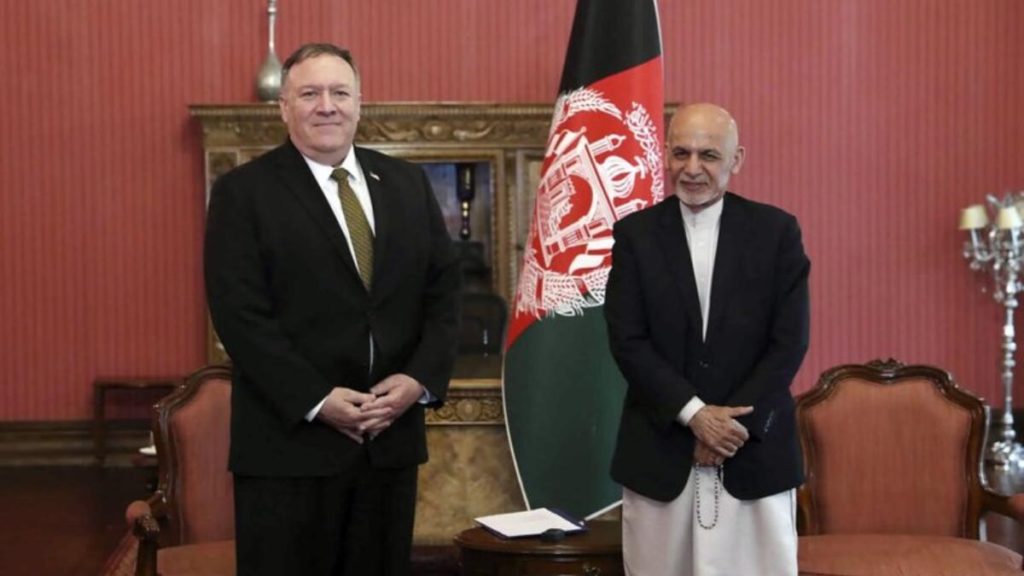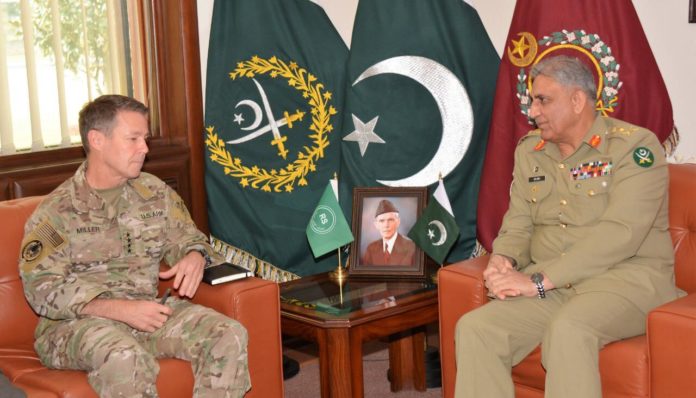“However tall the mountain is, there is a road to the top of it”. Afghan Proverb
The United States and the Taliban signed an agreement in February 2020 which was to pave the way for withdrawal of US troops and integration of Taliban in Afghan political system. The next step was exchange of 5000 Taliban and 1000 Afghan government prisoners. This also proved to be the first hurdle. Afghan President Ashraf Ghani insisted on linking prisoner release with cease fire. The Taliban rejected it and under US pressure, Ghani released few hundred Taliban prisoners.
In the deal with US, Taliban agreed not to threaten “security of US and its allies’, defining only Europeans as ‘US allies’. Of course they don’t consider the Afghan government as a US ally therefore they continued to attack government forces. On the start of the Muslim holy month of Ramazan, Ghani asked again for a ceasefire. Taliban representative in his response called this call ‘illogical’. The Organization of Islamic Countries (OIC) also called for a ceasefire during negotiations between Taliban and Afghan government. The Taliban are not likely to agree to this. They see attacks on Afghan security forces as a lever to extract more concessions. Taliban also want to calibrate its military operations to keep momentum of its cadres. If they agree to a prolonged ceasefire and few months later need military operations, they may face difficulties in re-activating its own cadres.
The current violence is uneven geographically. Violence has decreased in Taliban controlled areas in the south and east and large cities. In Taliban controlled areas, night raids by Afghan forces, air strikes by US forces and attacks by Taliban on government posts and convoys, Improvised Explosive Device (IED) attacks and target killings was the main engine of violence. Afghan forces have stopped operations in Taliban controlled areas resulting in marked reduction of violence. In government controlled large cities, Taliban were attacking government and civilian targets. They have markedly reduced these attacks that resulted in reduction of violence in large cities. In some parts of eastern Afghanistan, Daesh was responsible for most attacks. An unlikely alliance of US, Afghan forces, Taliban and local militias confronted Daesh from all sides eliminating most pockets of Daesh that contributed to marked reduction of violence. In all these areas, with reduction of violence, the general public feels somewhat secure with economic activity picking up in towns and rural areas.

Most violence is now concentrated in contested areas where Taliban and Afghan forces are trying to assert control. Taliban want to expand the territory under their control to further strengthen their bargaining position. Some parts of Ghor, Ghazni, Badghis and Badakhshan have seen increased violence.
In Washington, a pause button is hit on all military and diplomatic ventures. Diplomats and military leaders are grounded during Corona virus crisis. The only exception is Afghanistan. Secretary of State Mike Pompeo, President’s special envoy Zalmay Khalilzad and even commander of US troops in Afghanistan General Austin Miller are shuttling between Kabul and Doha to keep Afghan project on track. Khalilzad and Austin made a trip to Islamabad and met the army chief General Qamar Javed Bajwa to get Pakistan’s help in influencing Taliban to keep violence low. The corona crisis and economic meltdown has weakened President Trump’s position for the upcoming election. He wants to use withdrawal from Afghanistan as his big achievement. This is the main reason that only the Afghan file is open on diplomatic front.
Afghans are hard bargainers. Every negotiation round is painfully slow and contentious. If prisoner release is facing so many hurdles then wait until negotiations start about political bargains. This will be a multi layered process involving Taliban, different factions that are currently part of Afghan government, local tribal leaders and all those who are currently out of power. Violence will be used at different stages by each group to advance its own interest and extract maximum concessions. In this battle, each Afghan party will also seek assistance from foreign backers.
“Community is not made by force”. Afghan Proverb




